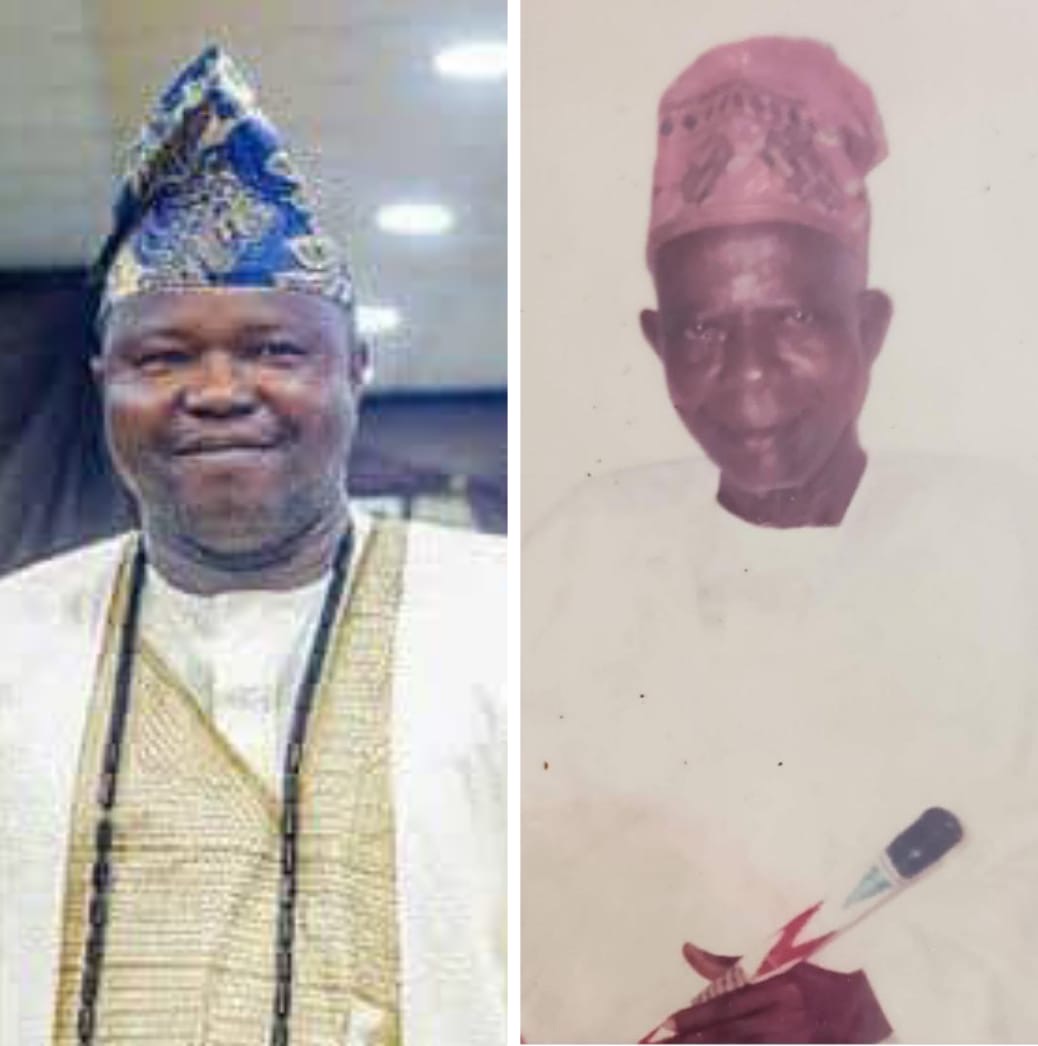Prince Samuel Olawunmi, Assistant Secretary of the four ruling houses of the Awujale of Ijebuland (Idile Oba Merin Awujale) and a member of the Anikinaiya Ruling House — which produced the late Awujale, Oba Sikiru Kayode Adetona — has called on Ijebu kingmakers to uphold the kingdom’s centuries-old traditions and customs in choosing the next Awujale.
Prince Olawunmi, popularly known as Anikinaiya, urged that the process must not be influenced by wealth, status, or political connections, stressing that such factors undermine the sanctity of the Ijebu traditional institution. He recalled that the late Oba Adetona himself had warned against allowing materialism to determine royal succession.
Speaking with journalists in Ijebu-Ode on Friday, the prince explained that historical evidence from the National Archives confirms that previous Awujales were chosen solely through customary processes, not through influence or affluence.
“Historically, past Awujales were ordinary Ijebu citizens — hunters, herbalists, native doctors, barbers, and even students. For instance, Oba Sikiru Adetona was an undergraduate before ascending the throne. This shows that the Awujale stool has always been open to men of character and heritage, not just wealth or social standing,” he stated.
Prince Olawunmi warned against attempts to marginalize other ruling houses during the succession process, emphasizing that the Awujale throne belongs collectively to the four ruling houses of Ijebuland.
“It is true that the Fusengbuwa Ruling House has the current turn to present candidates, but that right does not override Ijebuland’s customary laws and traditions. The selection process must reflect fairness, inclusion, and respect for ancestral lineage,” he said.
He also paid tribute to the late Prince Adebisi Fasasi Adeyemi, popularly known as Obanlefa, describing his 25-year leadership of the Fusengbuwa Ruling House as a period that strengthened unity among all four Awujale ruling houses.
“Obanlefa’s era fostered love and harmony among the ruling families. The current Head of the Four Ruling Houses, Alhaji Toheeb Alaga — who also heads the Anikinaiya Ruling House — continues to sustain this legacy of peace and cooperation,” he noted.
Drawing from personal memories, Prince Olawunmi recalled his upbringing around prominent elders of the Anikinaiya Ruling House and highlighted the historical depth of the Fusengbuwa lineage, whose eight family units (Idi Igi Mẹjọ) form a core part of the Ijebu royal heritage.
He stressed that the legal framework for the Awujale succession remains anchored in the 1957 Chiefs Law, specifically Section 4(2), which outlines the order of hereditary rights.
“The law provides that the stool be filled by male descendants of the Abidagba Okunrin line, while those from the Abidagba Obirin and Abidoye lines may also be considered in sequence. This has been reaffirmed by the 2021 Obas and Chiefs’ Law of Ogun State,” he explained.
Prince Olawunmi cautioned that any deviation from these legal and customary guidelines could bring lasting harm to Ijebuland’s revered institution. He therefore urged the Fusengbuwa Ruling House and the Ijebu kingmakers to remain guided by fairness, unity, and historical truth.
“Let the process be about continuity and legitimacy. Only a candidate with verifiable royal lineage, guided by the spirit of justice and respect for tradition, should emerge as the next Awujale,” he appealed.
He concluded by calling on notable leaders such as Alhaji Lateef Owoyemi and Prince Adedokun Ajidagba to emulate the integrity of the late Baba Obanlefa, ensuring that the Fusengbuwa Ruling House remains a symbol of unity and respect within Ijebuland.
“Our goal should be to preserve the dignity of the Awujale stool — an institution that embodies the pride, legacy, and cultural depth of all Ijebu sons and daughters,” Prince Olawunmi affirmed.


